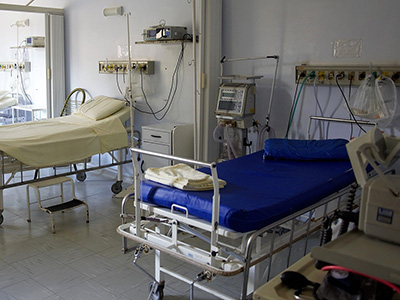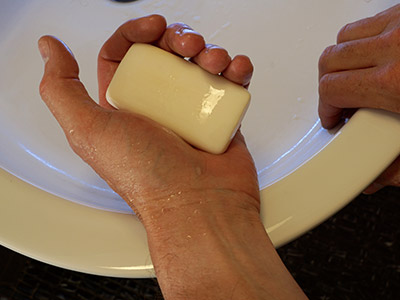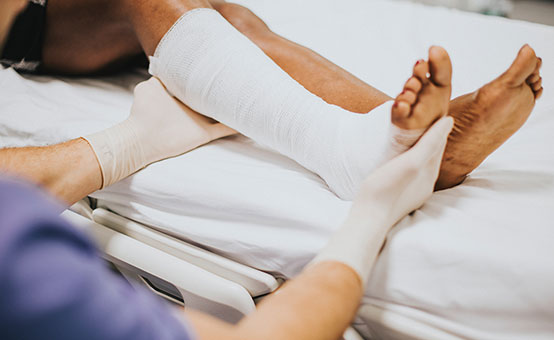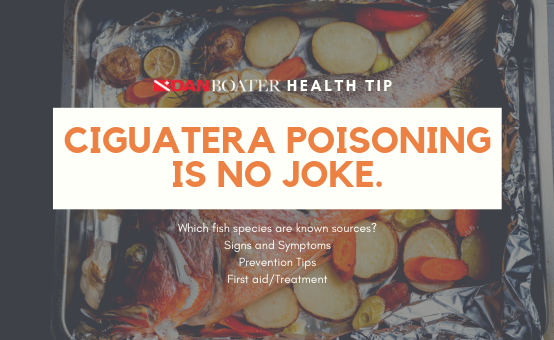

By Petar Denoble, MD, D.Sc.
TRAVEL HEALTH | Mar 25, 2018
There are few endeavors more rewarding than sailing or power cruising. Being out on the open sea, the wind at your back and the sun on your face, is both relaxing and exhilarating.
It can also be dangerous. Storms, medical emergencies, and boating accidents are well-known sailing risks. Less well known, however, is the invisible threat of contracting and unwittingly spreading a multidrug-resistant (MDR) bacterial infection while traveling internationally.

MDR bacterial infections are a serious problem. Due to society's misuse of antibiotics, bacteria have become resistant to not just one but several types of antibiotics. This can make infections hard to treat, causing them to spread quickly and, in some cases, becoming fatal.
If you become infected with MDR bacteria, you can quickly develop a disease, become a carrier and unwittingly transmit the bacteria to others, or get sick later and spread the infection to patients and health workers in the hospital.
The main strain of MDR bacteria is the family Enterobacteriaceae, which includes the Escherichia coli strains. These strains can spread to other geographical areas through the global food market, bird migrations, and by travelers.
MDR bacteria are more common in developing countries due to poor hygiene and lax antibacterial procedures in those areas. One Spanish study found that 17.9 percent of travelers returning from tropical or subtropical countries had MDR bacteria in their feces, as did 29.2 percent of travelers returning from Asia. Rates were particularly high for travelers returning from India -- 37.4 percent.
If you plan to visit a developing country, you may become infected with MDR bacteria by consuming foods and beverages contaminated with feces, which can cause traveler's diarrhea and other illnesses.
Although travelers often bring antibiotics with them in case they develop diarrhea, this is actually a bad idea. Studies have found that antibiotics can disrupt the microbial balance of the lower intestine, allowing resistant bacteria to overwhelm the good and bad bacteria. Taking antibiotics to treat traveler's diarrhea actually increases your risk of developing a resistant bacterial infection. Treating traveler’s diarrhea with the over-the-counter drug loperamide alone does not increase your risk of infection. Be aware, however, that using it in combination with antibiotics does increase your risk -- more than if you used antibiotics alone.
Risk factors for increased exposure and possible infection include:
Following these travel health and safety tips on your next cruise to a foreign land will help reduce your risk of contracting an MDR bacterial infection:

About Petar Denoble, MD, D.Sc.
Dr. Denoble is Vice President of Research at DAN. After graduating from the School of Medicine at the University of Zagreb in Croatia (then Yugoslavia), he spent 13 years in the Yugoslav Navy as a specialist in naval and diving medicine. In his 20+ years at DAN, he has published in numerous scientific journals, organized workshops, and given frequent talks and keynote addresses at scientific meetings, conferences, workshops, and trade shows. Dr. Denoble has also been a key contributor and leader in DAN’s work on dive fatalities, technical and rebreather diving, health and safety guides and publications, and several other areas of dive medicine, research, and training.
MORE FROM
SAFE PASSAGE

TRAVEL HEALTH | Jul 2, 2019
Rare, but Deadly. What You Need to Know About Flesh-Eating Bacterial Infections

TRAVEL HEALTH | Jun 27, 2019
Ciguatera Poisoning Is No Joke
THIS WEBSITE DOES NOT PROVIDE MEDICAL OR DENTAL ADVICE.
It is intended for general informational purposes only and does not address individual circumstances. It is not a substitute for professional medical or dental advice, diagnosis or treatment and should not be relied on to make decisions about your health. Never ignore professional medical or dental advice in seeking treatment because of something you have read on the DAN Boater website. If you think you may have a medical emergency, immediately call your doctor, dial 911, or contact emergency services nearest you.